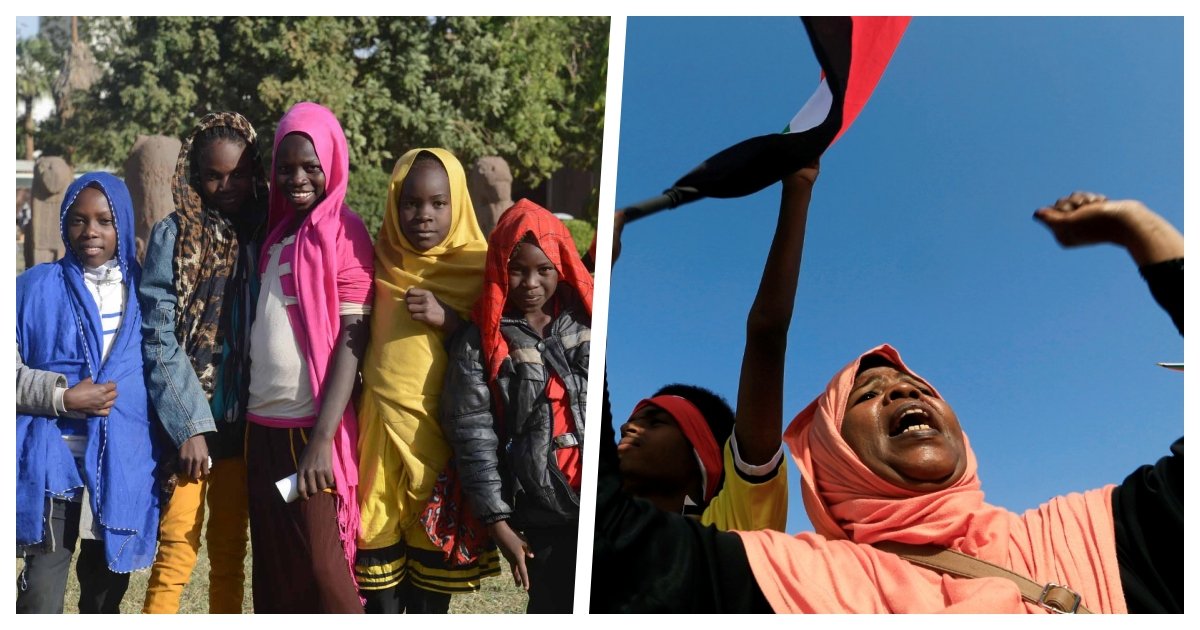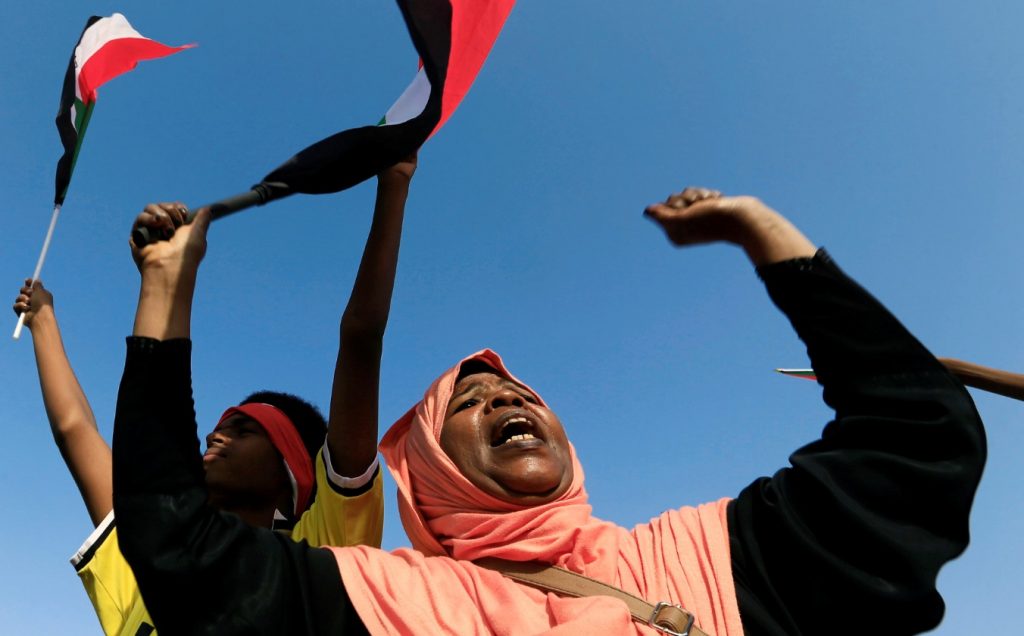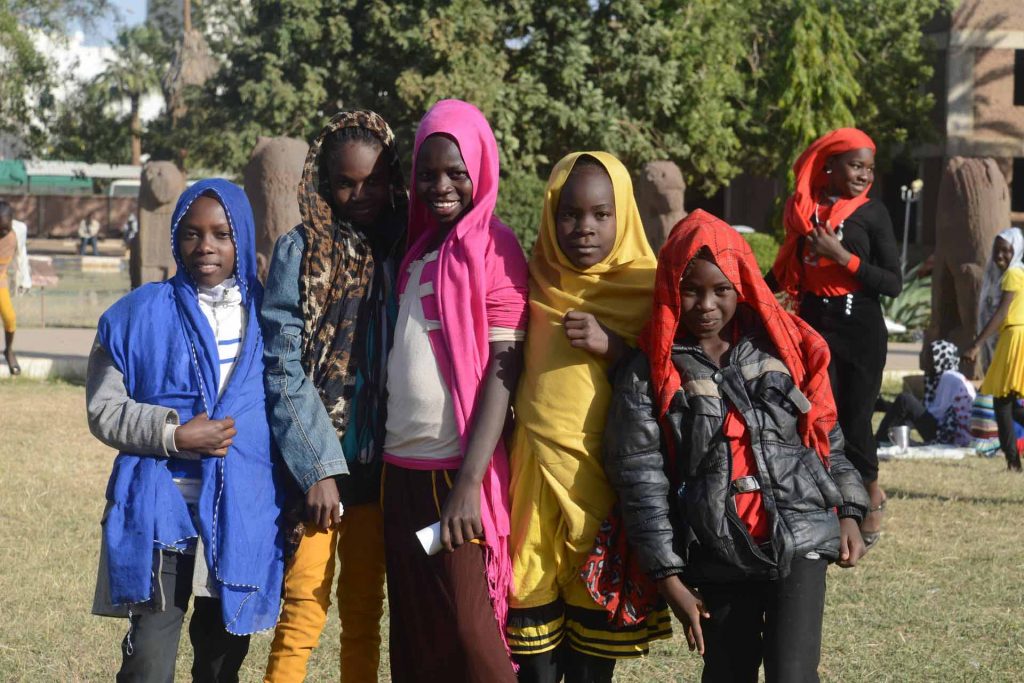The African country of Sudan has approved an amendment that officially criminalizes female genital mutilation (FGM). According to the new law, perpetrators will be sentenced to three years in prison if they violate the law.
Feminists and other activists who have advocated for this cause praised the decision, saying that a new era of female empowerment and gender equality has begun today.
FGM refers to an old tradition where a female’s genitalia is either completely or partially moved. It has been suggested that this was to prevent the women from any sexual stimulus. The practice posed enormous health risks, exacerbated since it was almost always conducted by tribe elders in unsanitary conditions.
A United Nations research shows that almost 90% of the women in Sudan have gone through FGM of some degree. Sudan is an Islam-majority nation, with 97% of the population being Sunni Muslims.
Activists said that the 3-year imprisonment and fine would be a strong deterrent, yet said that enforcing the law would be no easy task. They agreed that now the much more difficult task of changing people’s values and thinkings are left.
In Sudan, it is deemed courteous or even necessary that the father make their daughters go through female circumcision before marrying them off for a dowry.
Faiza Mohamed, regional director for Equality Now, said that there is a possibility that law enforcement will be a challenge. Mohamed worries that the communities will continue the practice more secretively while law enforcement officers condone or even comply with them in the process.
Currently, almost 200 million women around the world are reported to have suffered from this practice. It is practiced mainly in African countries, with some Asian and Middle Eastern countries. The process and the aftermaths of the procedure is considered lethal and immoral, often leaving the women with long-lasting aftermaths.
While women’s rights have long been undermined in Sudan, the street demonstrations that eventually ousted longtime dictator Omar al-Bashir has brought upon a positive change. Women were vocal and significant during the protests.
The new regime has adopted many progressive policies for Sudanese women, after witnessing women power firsthand. From banning FGMs to appointing female cabinet members, the new Sudanese government has embarked on a progress that has earned high praise from the global society.
We are happy to hear that Sudan is correcting its past wrongs. Share with us your thoughts in the comments, and share this story with your friends on Facebook.
Replaced!






